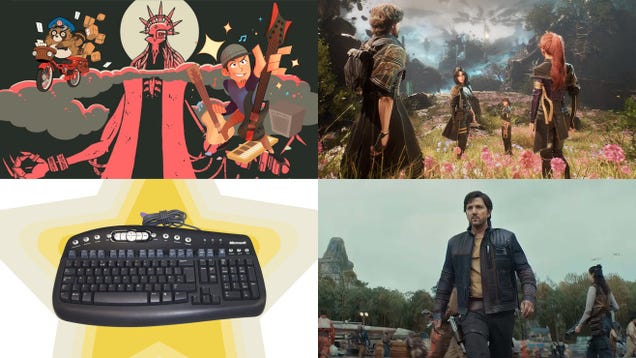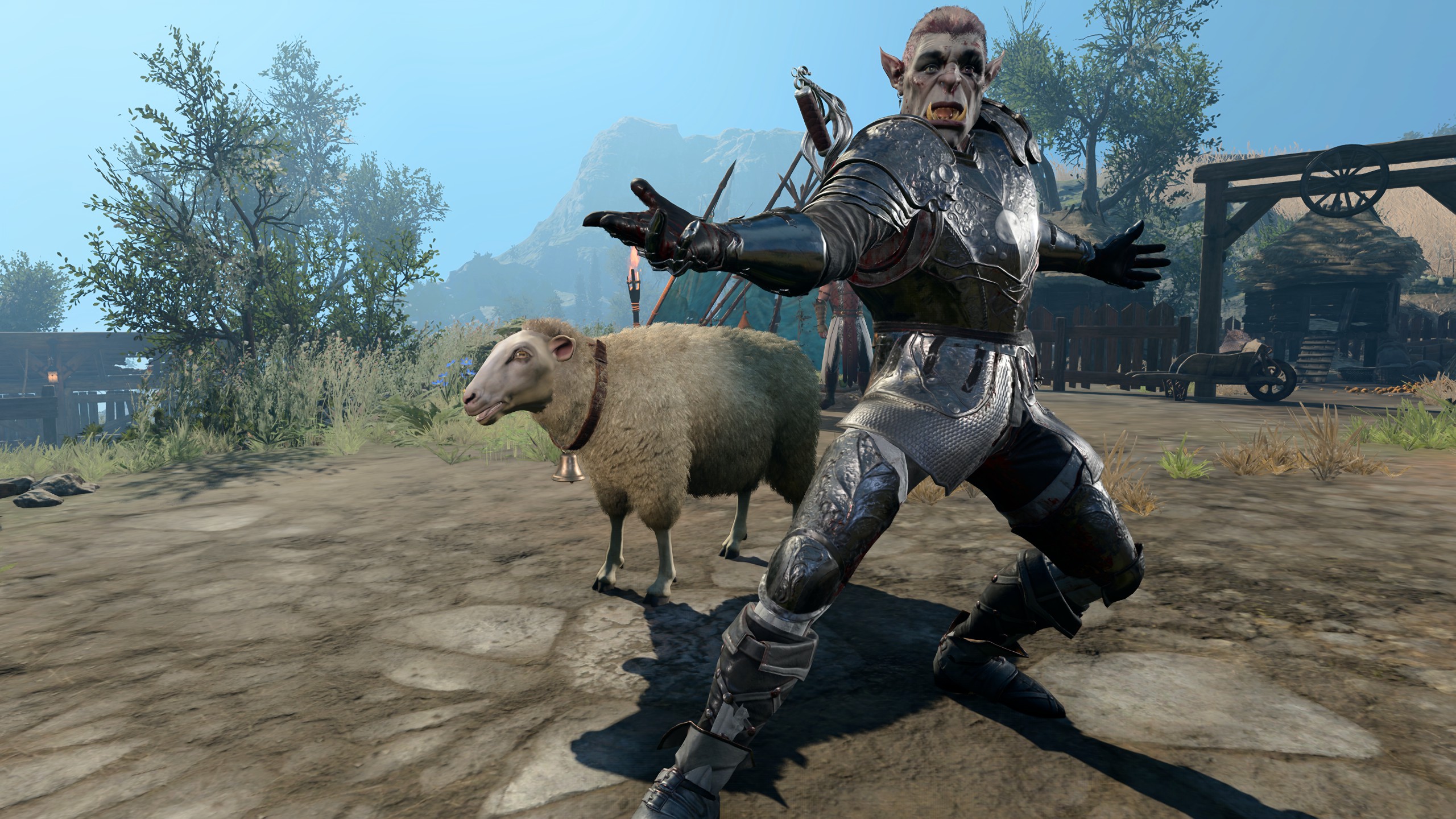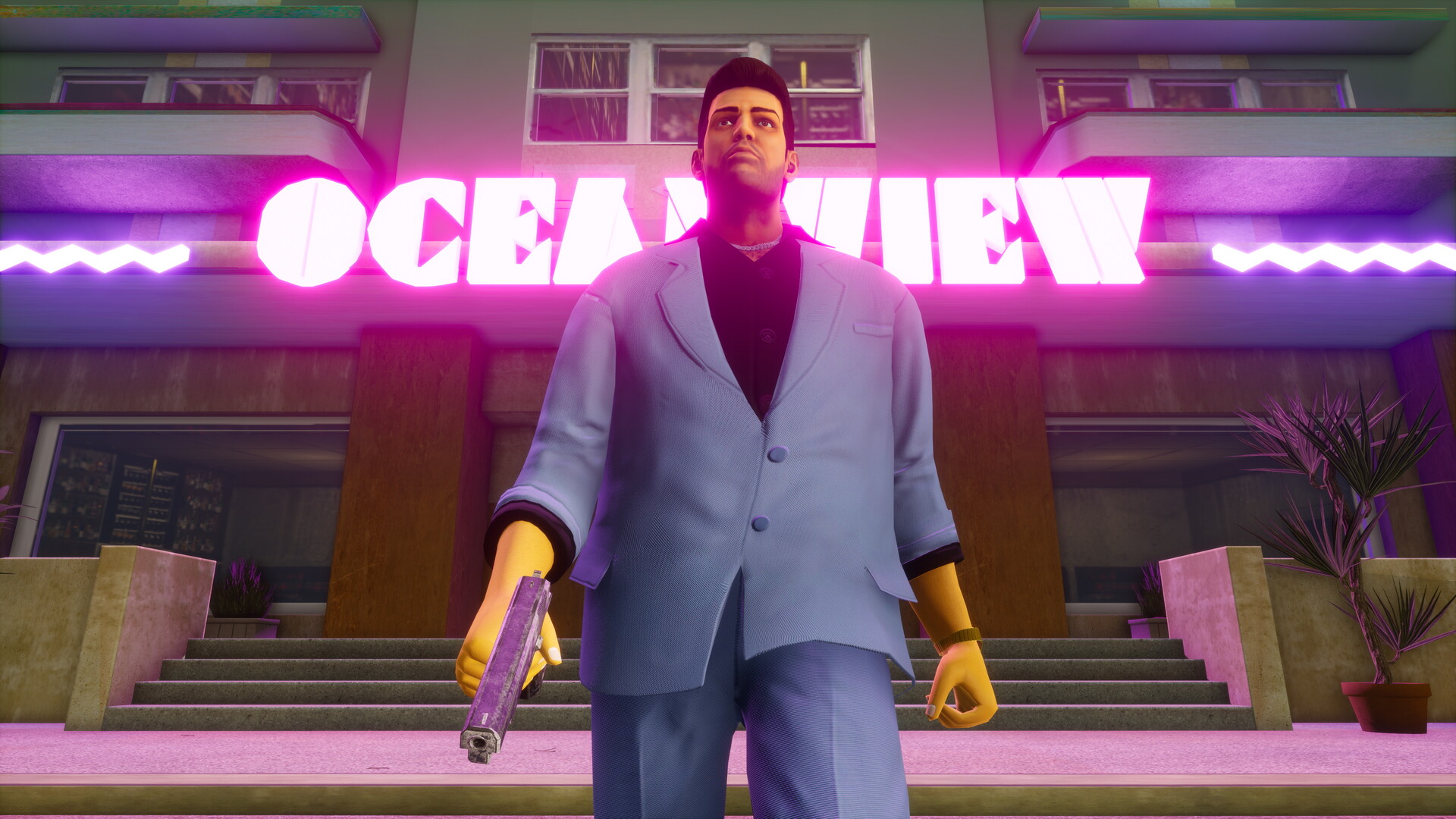
Senator Maggie Hassan sent a letter to the Valve boss to express concern about neo-Nazis, white supremacy, misogyny, and other "hateful" content on Steam.
US Senator Maggie Hassan has sent a letter to Valve boss Gabe Newell to express concern about “extremist content” on Steam, and to ask what Valve is doing to combat Nazism, white supremacy, misogyny, and other “hateful sentiments” shared on the platform.
“As the most popular and largest digital distribution platform for computer video games, including online community and communication features, Steam has tremendous domestic and global reach and is used by computer video game players of all ages,” Hassan wrote in the letter, available at Vice.
“Disturbingly, Steam has a significant presence of users displaying and espousing neo-Nazi, extremist, racial supremacist, misogynistic, and other hateful sentiments. Valve should be taking steps to prevent harmful content, especially given the relationship between online comments and violence in the offline world. Extremist content on Steam, found after cursory keyword searches using terms and images commonly associated with neo-Nazi, extremist, and racial supremacist ideologies, is pervasive.”
Hassan cited the “plain and unambiguous” use of the term “88”—a well-known neo-Nazi reference to HH, or Heil Hitler—in user account and community groups in her letter, as well as the common presence of symbols, images, and language associated with the Third Reich. The prevalence of this content is “extremely concerning,” Hassan wrote, “especially given the popularity that Valve current enjoys over its competitors in the videogame digital distribution ecosystem.”
The unmoderated presence of “hateful and harmful ideologies” keeps many of its users from participating in its communities, out of fear of harassment, abuse, or threats, Hassan said. Worse, allowing those ideas to flourish unopposed opens the door to “the very real threat of violence in offline, physical spaces.”
“A recent report by the Anti-Defamation League found that ‘nearly one in ten gamers between ages 13 and 17 had been exposed to white-supremacist ideology and themes in online multiplayer games’,” she wrote. “With extremist ideologies and antisemitic violence on the rise around the world, it is incumbent upon companies to monitor the content that users introduce into their products.”
Having laid out her case, Hassan put the question to Valve: Does the content she cited in her letter violate Steam’s subscriber agreement, and if so, what exactly is Valve doing to find it and shut it down?
“Opposing the spread of extremist and racist activities online should be something that all can agree is important and ensuring that online recreational spaces are safe and welcoming for everyone should be a top priority of video game makers and distributors,” Hassan wrote. She asked Valve to respond to her inquiries by January 15, 2023.
She’s not wrong: Steam isn’t the second coming of the Daily Stormer, but there’s plenty of Nazi-adjacent content to be found, in users, groups, and game titles. Some of it is clearly facetious, but that can be a tough line to draw, especially when you’re young, isolated, and heavily online.
(Image credit: Valve)
(Image credit: Valve)
(Image credit: Valve)
Steam has faced this criticism before. In 2018, we pointed out that Steam was hosting hate groups because Valve wasn’t enforcing its rules. Other platforms for online communities have faced similar criticism. Discord was also taken to task in 2018.
Valve isn’t the only game company facing another round of tough questions from US politicians about extremist content. An Axios report says seven Democratic members of Congress have signed a similar letter being sent to Activision Blizzard, Electronic Arts, Epic, Innersloth, Microsoft, PUBG Corp, Riot Games, Roblox, Sony, Square, Take-Two Interactive, Tencent, Ubisoft and Valve to inquire about their processes for handling extremism and harassment in online games, and “ask for consideration of safety measures pertaining to anti-harassment and anti-extremism.” The authors of that letter asked for a response by January 9.
I’ve reached out to Valve for comment on Hassan’s letter, and will update if I receive a reply.






